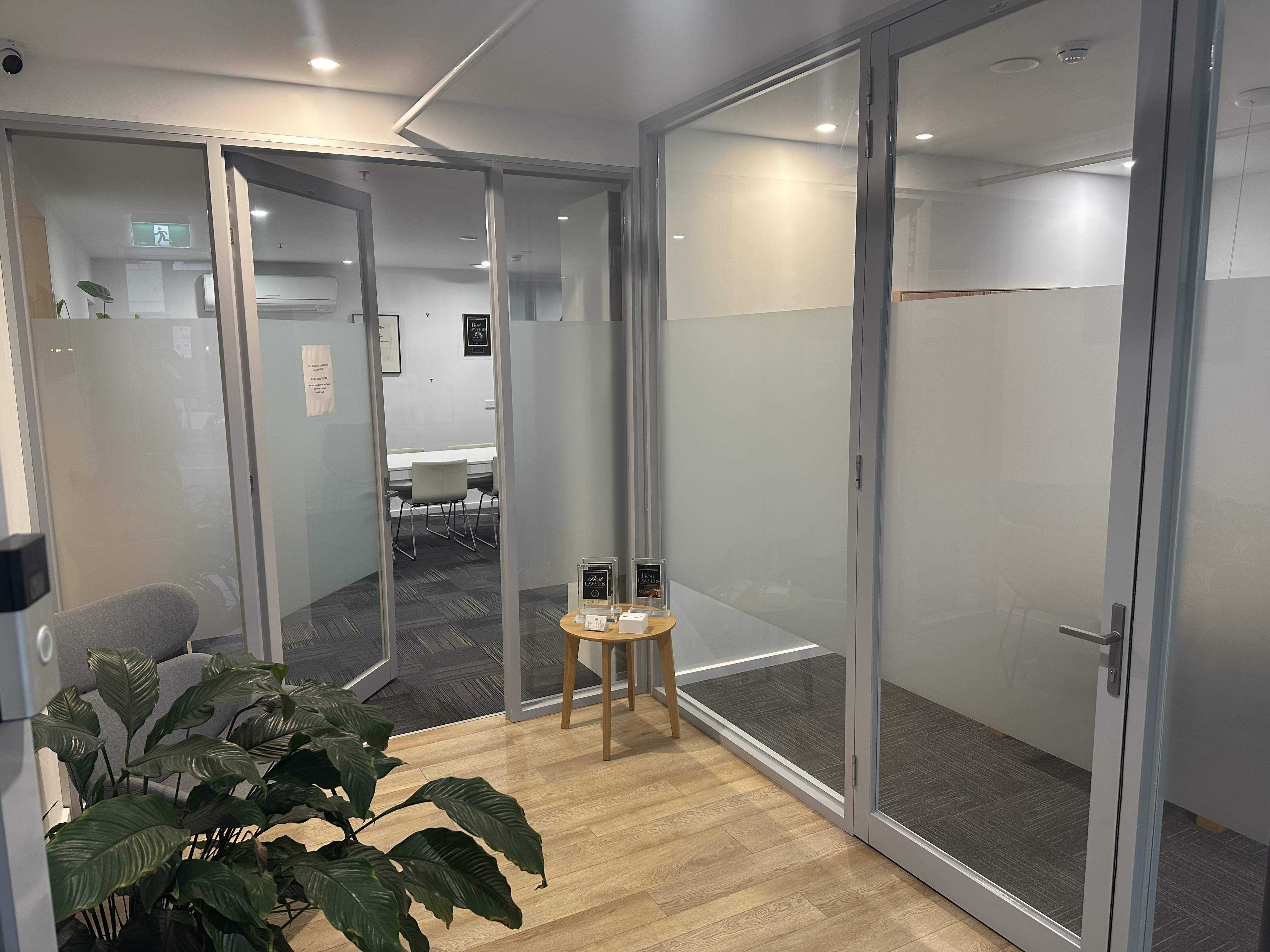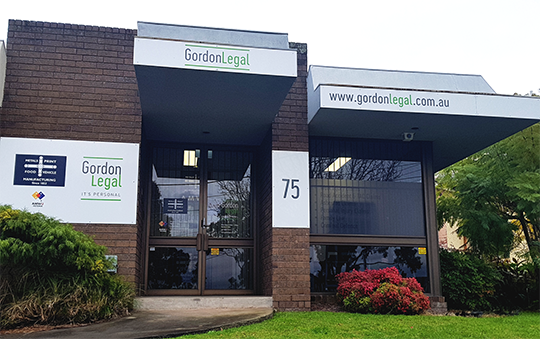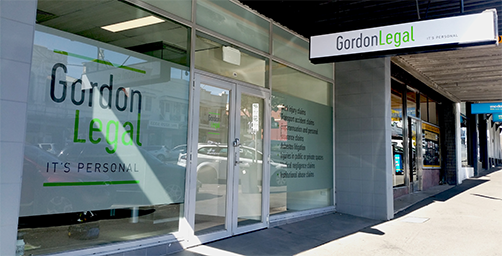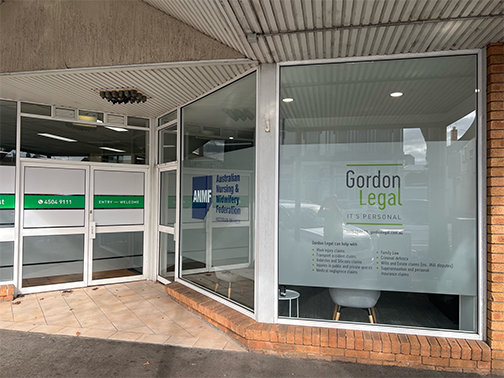

Power of Attorney
A Power of Attorney (POA) is a legal document which allows someone else to act on your behalf as your ‘attorney’. When someone is acting as your attorney, they can manage your personal and/or financial affairs and sign legal documents on your behalf. They cannot make medical treatment decisions for you unless they are also your medical treatment decision maker.
In Victoria, there are three main types of POA:
- General non-enduring POA
- A general non-enduring POA ceases to operate when you die, become bankrupt, or lose mental capacity to make decisions for yourself.
Enduring POA
An enduring POA continues even when you become bankrupt or lose mental capacity to make decisions for yourself but ceases to operate when you die.
Supportive POA
A supportive POA enables you to appoint a support person to assist you in making personal and/or financial decisions. The attorney cannot make decisions on your behalf and cannot assist you in real estate transactions or financial transactions over $10,000. The supportive POA ceases to operate when you die or lose mental capacity to make decisions for yourself.
Why you may need a POA.
Incapacity
Unfortunately – incapacitated or not – your bills still need to be paid. It is a common misconception that your next of kin can make decisions about your personal and financial affairs on your behalf if you become incapacitated. However, this is only true if a POA is in place; without a POA, your next of kin will remain powerless.
Further, without a proper POA in place, your next of kin may have to apply for guardianship with the courts in order to make decisions about your children on your behalf. This process can be costly and could take several months to complete. However, time is often of the essence in situations where a parent becomes incapacitated. You can avoid a problematic guardianship situation by having the proper estate planning documents in place.
Going overseas for an extended period of time
If you are travelling overseas for an extended period of time, it may be in your best interests to appoint someone you trust to manage your personal and/or financial affairs in Australia while you are away. This can enable your attorney to handle unexpected emergencies in your absence (e.g., corresponding with financial providers and accident insurance companies on your behalf after a storm or bushfire has damaged your property).
Which one do you need?
Whether you need a general non-enduring POA, an enduring POA, or a supportive POA depends on your personal circumstances. It is best to consult a lawyer to ensure that the POA that you execute is suitable for your purposes.
POAs are also not recognised at law unless they are signed and witnessed in the presence of two independent persons – at least one of which must be a person authorized by law to take statutory declarations (e.g., a lawyer).
Gordon Legal can assist you in preparing a POA that meets your particular needs and legal requirements, including any conditions you would like placed on the exercise of power(s). In addition, we can assist you with estate planning and management issues.
What powers can you give to your attorney?
You can give your attorney the power to make any decision about your finances or property which you could make yourself. These include paying bills, selling property, making investments, accessing cash and buying or selling shares.
You can control the powers you give to the attorney by placing limits or conditions in the POA. If you would like to do so, it is best to seek legal advice about the best way to do this.
In Victoria, a POA cannot be used to make medical or lifestyle decisions. If you want to appoint a medical treatment decision maker, please visit the Office of Public Advocate’s website on appointing a medical treatment decision maker.
How many attorneys can you appoint?
Technically, you can have as many attorneys as you like but it is common to appoint between one and four attorneys. When appointing more than one attorney, you have the choice of appointing them jointly, severally, or jointly and severally.
Jointly – attorneys must cooperate and agree with one another on all decisions
Severally – each attorney can act separately without cooperation or agreement
Jointly and severally – attorneys can make decisions together or act by themselves if they need to. This means that one or two attorneys could potentially take care of everything, with the others acting as a check and balance; or they could all work together.
For more information on granting Power of Attorney contact Valerie Bradley at Gordon Legal on 1800 21 22 23.
We are here to help
When you’re ready, give us a call or click on the button below to send us a message. It will go straight to a caring and committed member of our team who will contact you within 24 hours.






